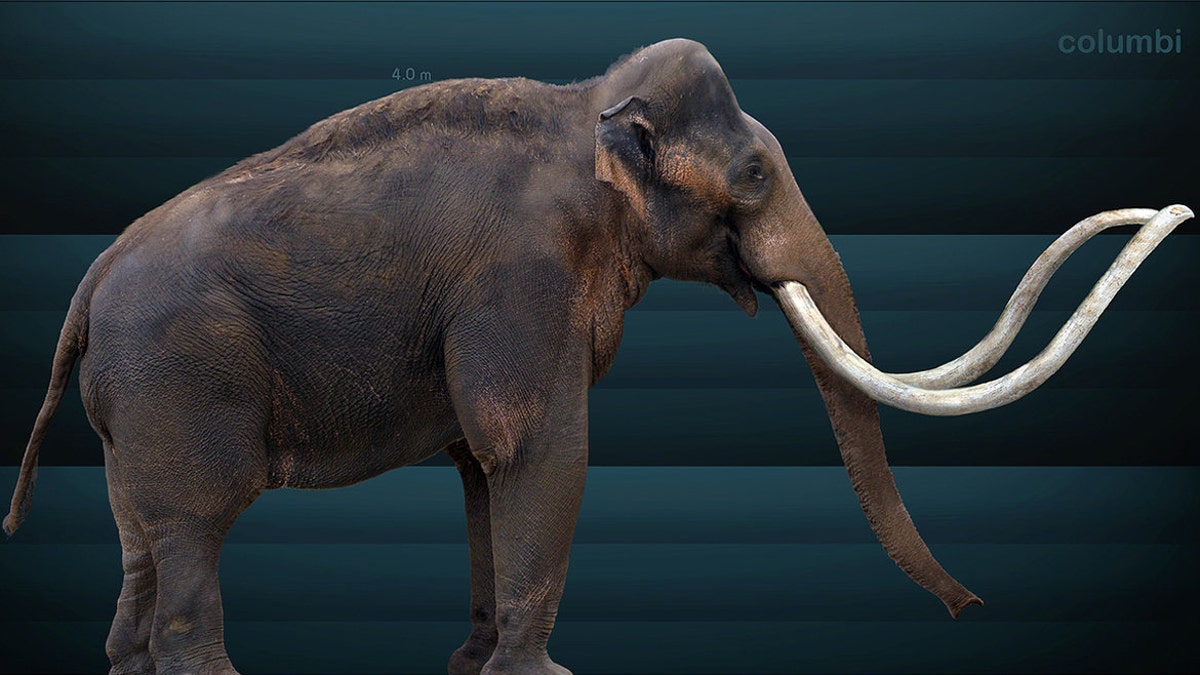
(Sergio De la Rosa Martinez)
They can … but they shouldn’t.
That’s the message from Alice Roberts, a clinical anatomist, TV personality and professor of public engagement in science at England’s University of Birmingham. While advancements in science have made it possible to bring animals back from the dead, Roberts recently argued, it might not be morally right to do so.
[pullquote]
"I would prefer the emphasis to be on saving existing animals under threat of extinction rather than trying to resurrect their long-extinct cousins,” Roberts said, according to a story at International Business Times.
The ethical issues surrounding “de-extinction” of a species were on debate during a March panel at the National Geographic Society.
- 17 animals scientists want to bring back from extinction
- Warp speed, Scotty: Faster than light drives a reality?
- Monday was the Sun’s angriest day in years
- ‘Einstein’s planet’: Relativity leads to discovery of alien world
- No ‘Jurassic Park’: Dinosaurs off the de-extinction menu, scientists say
- Giant Ice-Age Mammals Brought to Life
Speakers include Chris Anderson, curator of the TED Conference talk series, Australian paleontologist Michael Archer and Spanish researcher Alberto FernDandez-Arias, who has worked on cloning a now-extinct goat.
Organizers of the event said dinosaurs aren't among the candidate species -- unlike in the movie "Jurassic Park."
Mammoths might be more realistic anyway: Japanese scientists have already extracted the bone marrow from woolly mammoth remains found in Siberia to look at the DNA, she said. But bringing those creatures may lead to unforseen problems.
"There's something really questionable about bringing back a single mammoth,” Roberts said.
"Mammoths are herd animals and their environment no longer exists, so what are you bringing that animal back for? You're bringing it back to live in a zoo?”








































